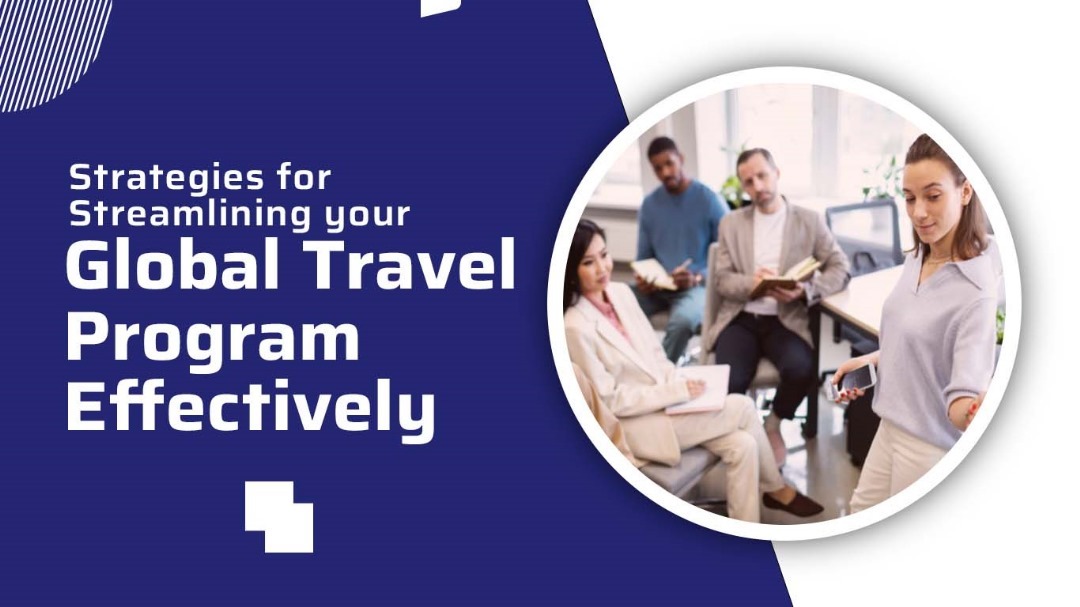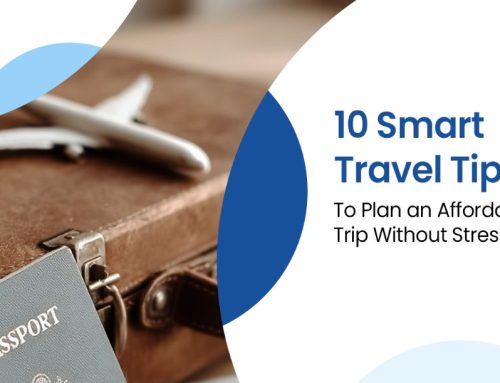Master Global Travel Management Strategies for Cooperates Travelers
Global travel Management strategies is an integral part of modern business operations, enabling companies to expand markets, collaborate with international partners, and attract top talent. However, managing a global travel program can be complex and resource-intensive. To overcome these challenges, businesses must implement effective strategies that streamline processes, reduce costs, and ensure traveler safety.

Optimize your corporate travel program with expert strategies. Reduce costs, enhance efficiency, and ensure traveler safety. Discover innovative solutions for travel booking, data management, and policy compliance.
Understanding the Challenges of Global Travel Management
- Inefficient Travel Booking Processes: Manual booking methods, outdated technology, and lack of centralized platforms can lead to delays, errors, and increased costs.
- High Travel Costs and Lack of Budget Control: Uncontrolled spending, lack of visibility into travel expenses, and ineffective negotiation can strain budgets.
- Difficulty Managing Travel Data and Analytics: Collecting, analyzing, and reporting on travel data is essential for informed decision-making, but it can be time-consuming and complex.
- Inconsistent Travel Policies and Compliance: Lack of clear guidelines, inadequate enforcement, and non-compliance with regulations can result in financial penalties, reputational damage, and security risks.
- Insufficient Duty of Care for Travelers: Ensuring the safety and well-being of travelers, especially in unfamiliar environments, is a top priority for responsible companies.
Strategies for Streamlining Your Global Travel Program
- Invest in a Robust Travel Management System (TMS): A TMS can automate many aspects of the travel booking process, provide real-time visibility into travel data, and enforce travel policies.
- Develop Clear and Comprehensive Travel Policies: Establish guidelines for travel bookings, expenses, and safety procedures to ensure consistency and compliance.
- Negotiate Favorable Rates with Travel Suppliers: Leverage your company’s buying power to secure competitive rates for flights, hotels, and car rentals.
- Implement Travel Analytics and Reporting: Use data-driven insights to identify cost-saving opportunities, measure performance, and make informed decisions.
- Prioritize Traveler Safety and Well-being: Provide emergency assistance, security training, and travel insurance to protect your employees while on the road.
- Encourage Traveler Self-Service: Empower travelers to manage their own bookings and expenses through online tools, reducing administrative burden.
- Foster a Culture of Travel Compliance: Educate employees about travel policies, provide training on compliance best practices, and enforce consequences for violations.
- Leverage Travel Technology Innovations: Explore emerging technologies such as mobile apps, virtual assistants, and predictive analytics to enhance the travel experience.
Conclusion
By implementing these strategies, businesses can streamline their global travel programs, reduce costs, improve efficiency, and ensure traveler safety. A well-managed travel program is not only essential for operational success but also contributes to a positive employee experience.







Leave A Comment